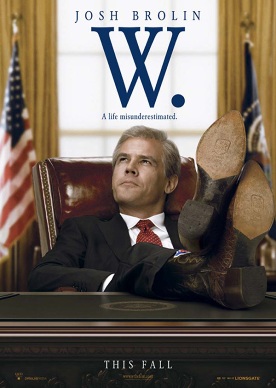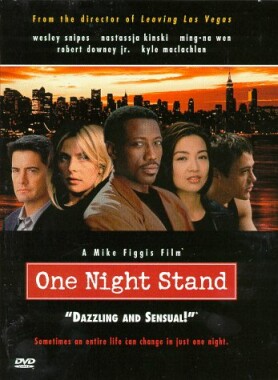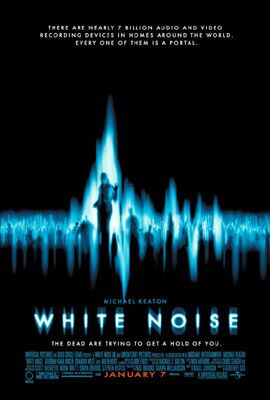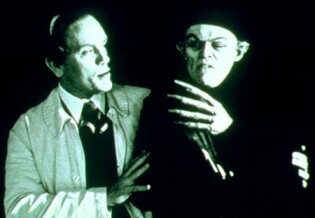Dark Blue
My memories of the events surrounding the Los Angeles riots of 1992 were, I thought, still fairly clear, but I couldn’t just seem to recall the incident described in Dark Blue — which was directed by Ron Shelton from a screenplay by David Ayer and based on a story by James Ellroy — in which, just as South Central was taking to the streets, one of the city’s highest ranking policemen was exposed as corrupt, a thief and a murderer. See, because I would have expected to remember that, even if it hadn’t been revealed in a dramatic and emotional confession by one of the top cop’s most trusted assistants and an accessory to his crimes at a public ceremony.
This person, whose partner had just been killed in mistake for himself, told the waiting cameras of the media that his boss had employed a couple of murderous thugs, protecting them as “informants, to rob Korean groceries and the like, killing pretty much anyone they liked in the process, and then to bring the money back to him. Naturally, the innocent residents of the neighborhood got the blame. Of course, if I’d known that crime in the ghetto was really being sponsored, if not actually committed, by the police, I might have been less inclined than I seem to remember I was at the time to think that the rioters who looted and burned and beat or killed people were responsible for their own actions.
Which, of course, is the point. The sort of aggressive policing that, by most accounts, went on in Los Angeles before the riots may raise real moral problems, but a movie like Dark Blue isn’t really interested in these. Instead, by inventing the bent copper as described, it seeks to simplify these problems out of existence while pandering to a popular form of paranoia about police whose problem is not overzealousness in pursuit of criminals but actual criminal behavior of its own. But nobody in this audience is to be permitted to think in terms of problems. Like the LAPD itself, on its showing, the movie is only interested in bad guys and good guys. Only here, the bad guys are the cops.
This makes for a few nice but simple ironies. The film begins with a “shooting board” investigation of a rookie cop called Bobby Keogh (Scott Speedman) who supposedly shot a suspect who was going to shoot him. His partner, the veteran Eldon Perry (Kurt Russell) talks him through it — “Have some faith in the system,” he tells him, of a system that is utterly corrupt — and supplies the rationale for “pro-active” policing in which “the bullets are in the bad guy and not in us.” Ah, but we are soon to learn that the bad guy is us — the baddest of all being Jack Van Meter (Brendan Gleeson), the guy protecting killers for a (big) share of their take.
But Bobby begins to Have Doubts, and takes his doubts to the one incorruptible cop on the force, Deputy Chief Holland (Ving Rhames). Eldon, hitherto a protégé of Van Meter’s and happy to assist him in framing people in order to close the books on his crimes (“We’re in the getting s*** done business,” he tells Bobby), has doubts of his own, especially after his wife (Lolita Davidovich) decides to leave him, but is only pushed over the edge when Van Meter orders his killers to hit him. The attempt on Eldon’s life happens just as the riots are erupting and, having escaped more than one brush with death, he crashes his own promotion ceremony to deliver an impassioned speech to the press and city officials ratting out the boss.
This kind of dramatic public denunciation is something that only happens in the movies — a fact which carries with it certain ironies of its own. Likewise, part of the point of the film is to ridicule the “simple idea,” of Neanderthal cops like Eldon that “you got your heroes, you got your villains. . .it all comes down to that.” How simplistic! Yet in attacking the idea, the film creates its own set of heroes and villains, only with the putative heroes transformed into villains. Messrs. Shelton and Ayer were right the first time. Real life is seldom like that. But policemen who look at the world in such a way have a lot better excuse for doing so — it’s very helpful in keeping themselves alive, after all — than moviemakers.
Discover more from James Bowman
Subscribe to get the latest posts to your email.






